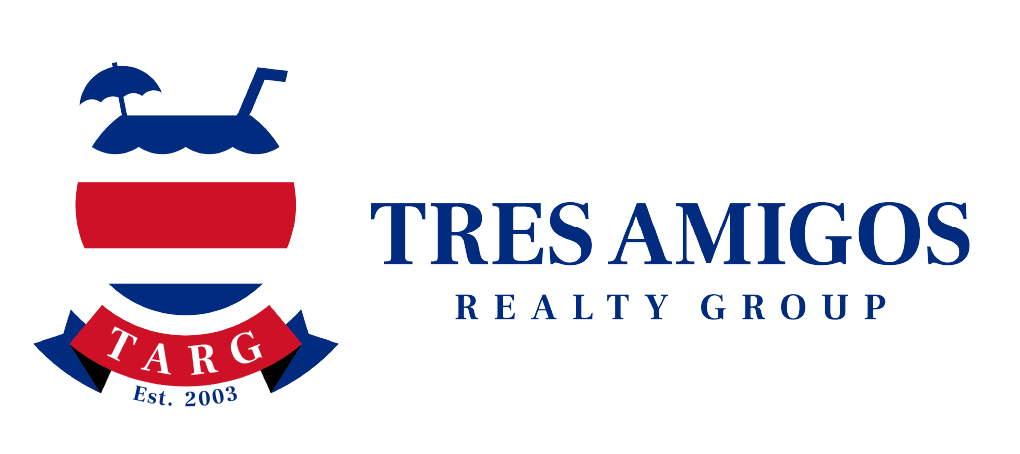
Buying property in Costa Rica? One of the first questions smart buyers ask is: are real estate agents licensed here? The short answer is not by default. Unlike many other countries, Costa Rica does not require agents to hold a government-issued real estate license to operate. But that doesn’t mean all agents are created equal—or that your transaction is unregulated. Here’s what you need to know before choosing who represents you.
The Reality: No Mandatory License
Costa Rica does not have a national licensing requirement for real estate agents. Anyone can call themselves a real estate agent and legally show you property, write up an offer, or even close a deal. That might sound surprising, but it’s how the system has operated for decades.
Fortunately, there are professional organizations and banking compliance rules that provide structure and oversight for serious professionals.
The Role of CRGAR and CCCBR
Since there’s no national license, two professional bodies have stepped in to raise the bar:
- CRGAR (Costa Rica Global Association of Realtors)
- CCCBR (Costa Rican Chamber of Real Estate Brokers)
Both associations offer formal training, ethical guidelines, and continuing education. Members must pass courses modeled on international standards like those of the U.S.-based National Association of Realtors (NAR). Membership is voluntary but strongly recommended.
Choosing an agent who belongs to one of these associations is one of the easiest ways to reduce risk.
 SUGEF Registration: The Legal Backbone
SUGEF Registration: The Legal Backbone
In recent years, Costa Rica’s government introduced something more concrete: SUGEF registration.
SUGEF (Superintendencia General de Entidades Financieras) is Costa Rica’s financial regulatory authority. All real estate agents and property managers who handle client funds or receive commissions must register with SUGEF. Requirements include:
- Permanent residency or citizenship in Costa Rica
- Background checks through the OIJ (Costa Rica’s judicial police) and FBI (for U.S. citizens)
- Ongoing monitoring of financial accounts
If an agent is not SUGEF registered and handles third-party funds, banks may freeze or close their accounts. This is one of the strongest signals of legitimacy in today’s Costa Rican real estate market.
What You Should Ask Every Agent
Before working with a real estate agent in Costa Rica, ask these four key questions:
-
Are you a legal permanent resident or citizen of Costa Rica?
If the answer is no, the agent is working illegally. -
Are you licensed by CRGAR or CCCBR?
Lack of membership suggests limited formal training. -
Are you registered with SUGEF?
This is essential for legal and financial protection. -
Do you personally own property in Costa Rica?
Agents who have invested here tend to be better informed and more committed long-term.
What This Means for Buyers and Sellers
You deserve a knowledgeable, stable, and fully compliant partner when buying or selling property in a foreign country. While licensing is not mandatory, real professionalism is possible—and crucial.
At Tres Amigos Realty Group, every agent is:
- A legal permanent resident or citizen
- Registered with SUGEF
- Licensed by CRGAR or CCCBR
- A property owner in Costa Rica
We live here, we work here, and we love it here. Our careers are built on trust, compliance, and helping clients like you make smart decisions.
Thinking about buying or selling real estate in Costa Rica? Reach out to a registered, experienced agent who knows how to navigate both the legal and local terrain.





